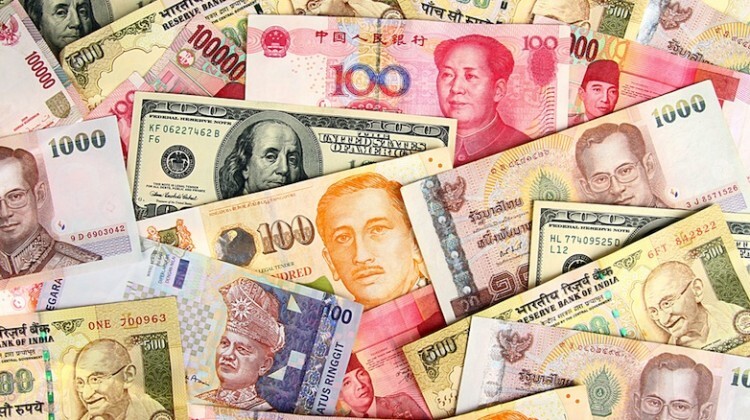this post was submitted on 22 Jul 2023
454 points (97.1% liked)
Asklemmy
46217 readers
931 users here now
A loosely moderated place to ask open-ended questions
If your post meets the following criteria, it's welcome here!
- Open-ended question
- Not offensive: at this point, we do not have the bandwidth to moderate overtly political discussions. Assume best intent and be excellent to each other.
- Not regarding using or support for Lemmy: context, see the list of support communities and tools for finding communities below
- Not ad nauseam inducing: please make sure it is a question that would be new to most members
- An actual topic of discussion
Looking for support?
Looking for a community?
- Lemmyverse: community search
- sub.rehab: maps old subreddits to fediverse options, marks official as such
- [email protected]: a community for finding communities
~Icon~ ~by~ ~@Double_[email protected]~
founded 5 years ago
MODERATORS
you are viewing a single comment's thread
view the rest of the comments
view the rest of the comments

Yes, and the people at the top do keep their money in circulation, and as a result their wealth stays constant across inflation while workers’ wages and savings go down.
I have no idea why you don’t see that as a transfer of wealth.
You say it incentivizes the rich to not hoard cash. Well, they don’t. In fact, it incentivizes everyone to not hoard cash, but the rich are the only ones with sufficient cash to trade that cash for income-generating assets.
It incentivizes everyone by punishing everyone for holding cash, but only the upper class is able to evade that punishment by converting their wealth. Poor people don’t have though cash to transform it into wealth. Their cash is only useful to them as cash.
This is why the poor are feeling the inflation the worst. People who own no stock are the ones hit hardest when the government printed a bunch of money and injected it into the stock market.
What you describe would be worse without inflation. The rich would still have most of the capital, but they also wouldn't bother investing it either, which at least recirculates the money and becomes income for others.